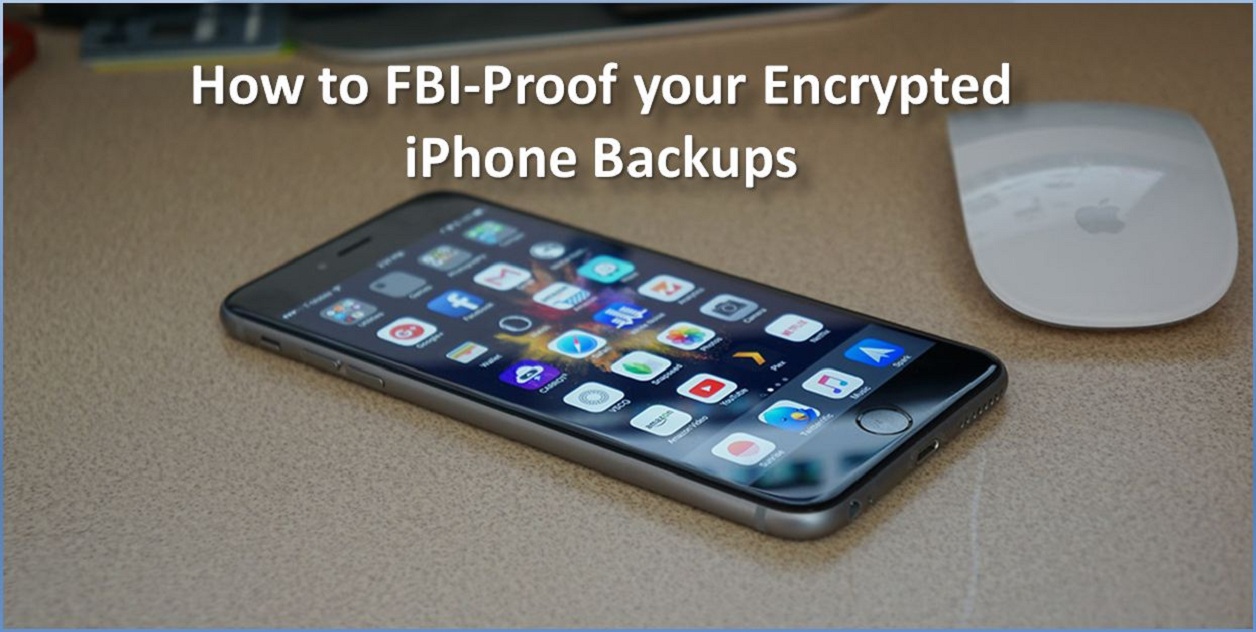Quick Setup Activate
Quick Setup Activate is a company that provides technical support help regarding McAfee Antivirus Software, Norton Antivirus Software, and Office Setup.
How to FBI-Proof your Encrypted iPhone Backups
iPhone provides various encryption methods to its users for securing data on your device. Users use iCloud to make their data secure and for transferring files between various devices. iPhone provides multiple security features for concerned privacy person. Apple drops its security and encryption plans either in the pressure of government or any other reasons.
Almost every person is concerned about his data privacy, especially in the context of electronic devices as these devices stores much private information like bank details, data security, and even necessary testimonials. It becomes wider when we use iCloud or such other services to keep our belongings and data on our iPhone or any other Smartphone.
If you are also concerned about privacy issues and using iCloud and such related services, then this blog is for you. Apple drops its schemes and security setups in some contexts and times. In this situation, we are going to guide you on how to FBI-Proof your device.

Source:- How to FBI-Proof your Encrypted iPhone Backups
Follow these steps to know more about FBI and how to apply FBI-proof on your iPhone to secure your data:
What’s FBI-Proof?
FBI is an abbreviated form of "Federal Bureau of Investigation" that is a U.S intelligence and security agency that holds various tasks and responsible for spy actions and security of the United States in almost all matters. It also provides security cover and a top agency to provide security for iPhone data. This encryption and security-based service for iPhone is known as FBI-Proof. It protects your data from stealing and misusing and helps in the redresses of private data related disputes.
If you also want to secure your iPhone or FBI-Proof your device, then follow these instructions:
- First of all, take a charging cord or power cable and then connect your device to PC.
- After that, launch "iTunes" in case you are using Mac or Windows on macOS 10.14 or before this OS. If you are using the macOS Catalina of 10.15 edition, then you should use the "Finder" option.
- In case you are running Finder, then go to the left-hand side panel and then hit the "Menu" option. It will be located inside the section "Locations."
- Look for the mini iPhone symbol located at the top left-hand side edge of your device under the iTunes page. Then hit the particular option.
- In case you are unable to see that option, then you are required to authenticate your device. To authorize your system, then follow these instructions:
- Navigate to the upper part of the page and then choose the option "Account."
- After that, hit the "Authorizations" section.
- Now, press the tab "Authorize This Computer" and follow the on-screen indications.
- Next, the appearance of the particular page and language will slightly differ based on Finder and iTunes.
- Now, search for the option "Backups" and after that choose "This Computer" option there in case of iTunes.
- If you are using Finder, then hit the option "Backup all your data on your smartphone to Mac."
- After that, mark the encrypt iPhone related box in case of iTunes.
- If you are using "Finder," then hit the option "Encrypt local back" and proceed with your secured passcode unless you will lose control for your data.
- The backup process will begin automatically after some time when your finish is set up your device-related encryption. Unless tap the option "Back Up Now."
- In case you wish to restore the backup process, then return to the previous page and then tap on the "Restore Backup" button.
- Now, you can perform backup automatically or manually on your device.
- After that, search for the "Options" tab located just beneath the tab "Backup" and hit the "Automatically sync" related option once your smartphone gets connected.
Note: When you have completed the backup for your PC, you can remove any of your desired back-ups from iCloud.
For Performing backup on "Mac," then follow these instructions:
- First of all, hit the "Apple" symbol located at the upper edge of your device.
- Then, choose the option "System Preferences."
- After that, tap on "iCloud" option.
- Now, hit the tab "Manage" situated at the bottom right-hand side edge of your page.
- After that, choose a backup to remove and hit the "Delete" tab there.
- Now, tap on "Delete" once more. This action will remove your iCloud backup and disable all future backups.
Chloe Decker is a self-professed security expert; she has been making the people aware of the security threats. Her passion is to write about Cybersecurity, cryptography, malware, social engineering, internet, and new media. She writes for Norton security products at norton.com/setup.
